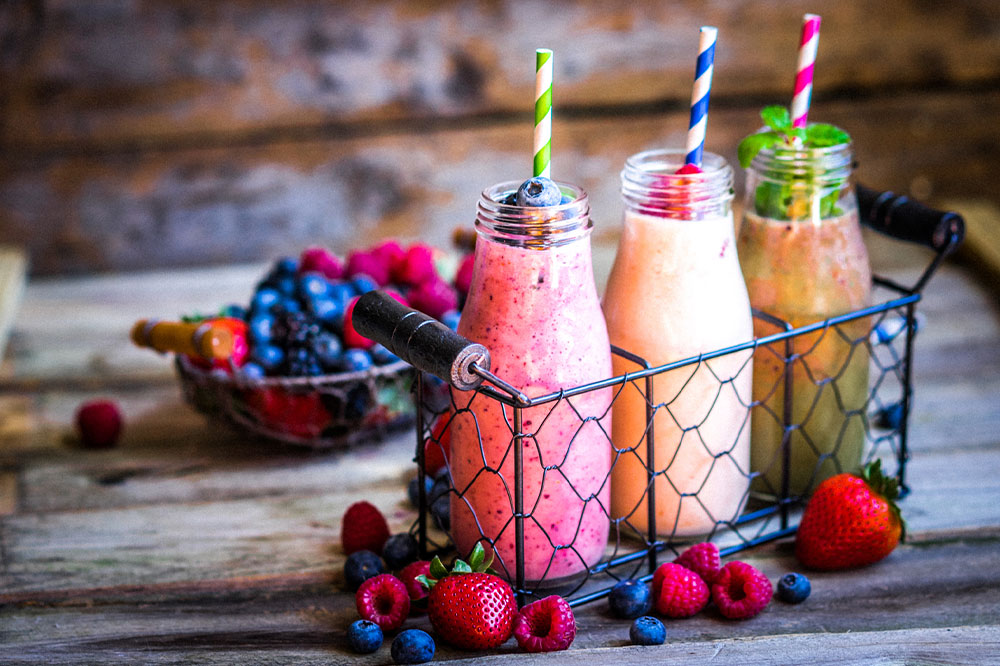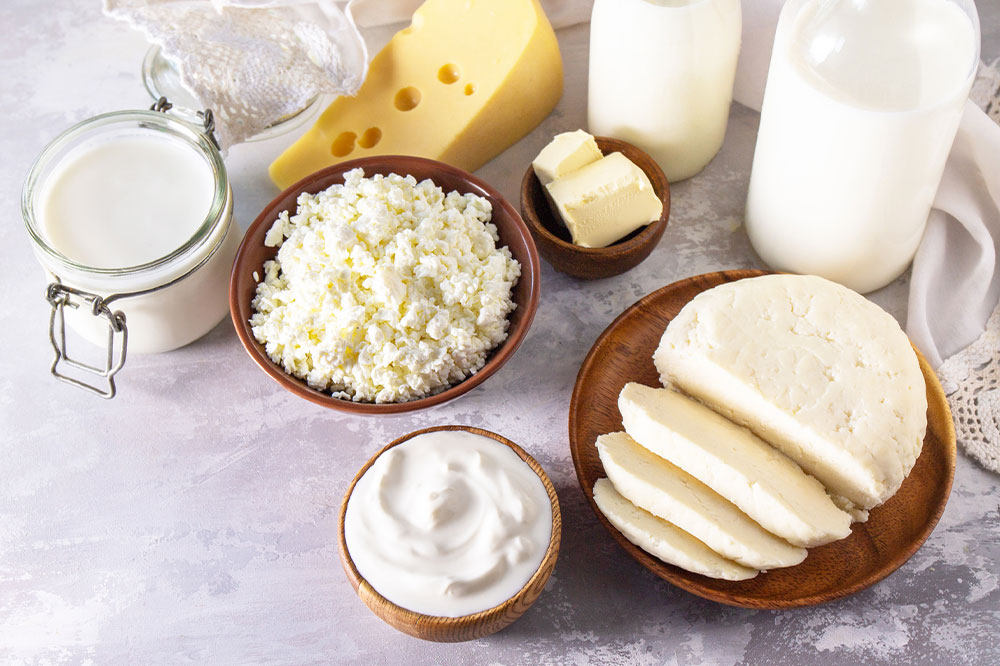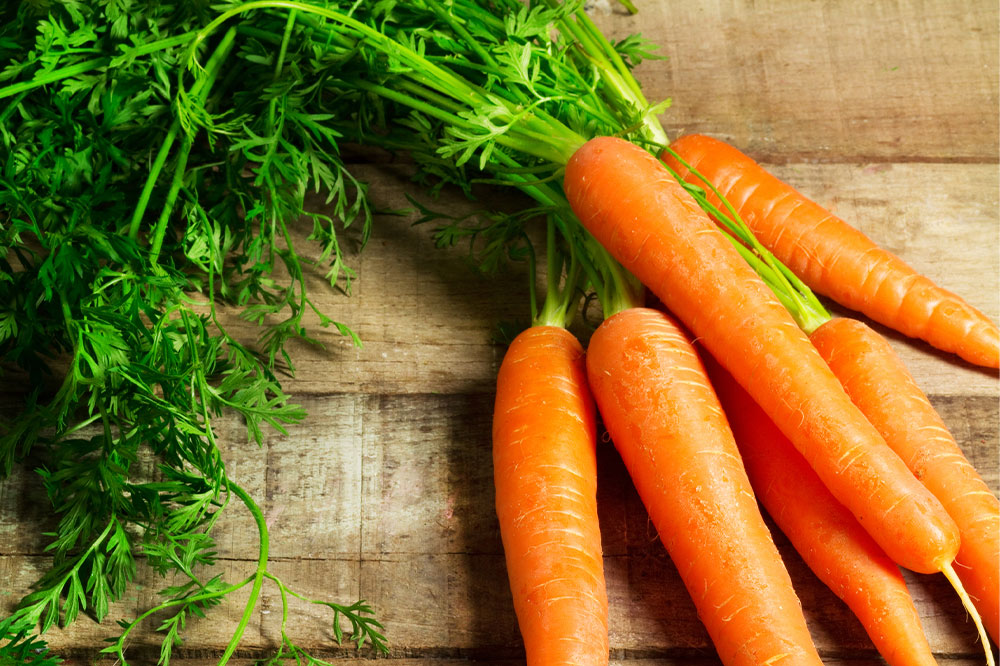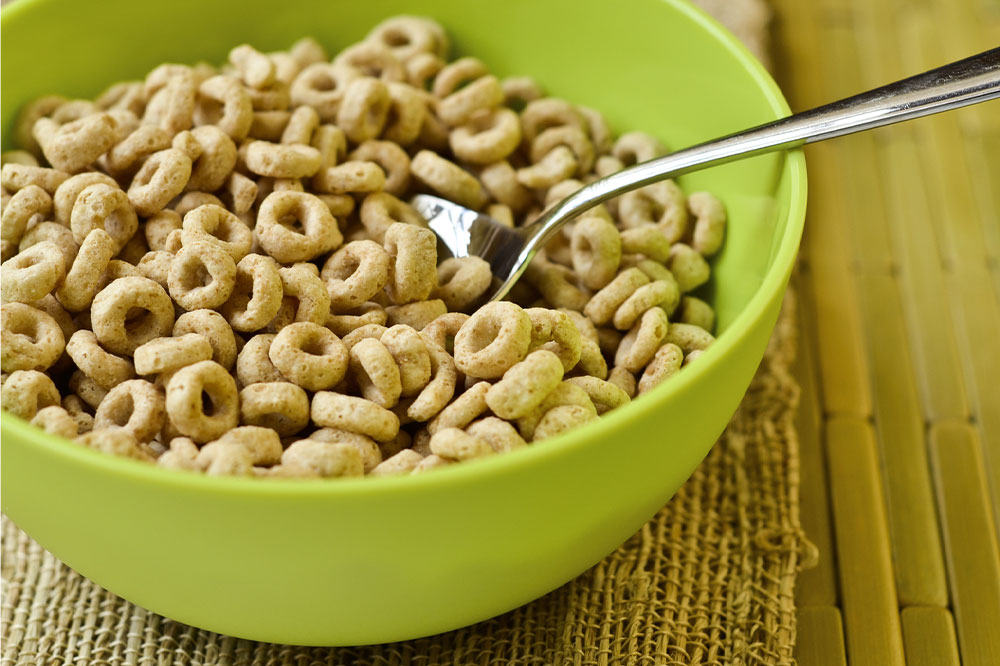
health
10 Best Times to Drink Water
We all know how important it is to drink water daily to maintain our overall health and well-being. You can drink it hot, ice cold, or in other ways to satiate your thirst. Some also enjoy it infused with fruit. But did you know that drinking water can significantly impact your body? So join us as we break down the top ten best times to drink water during the day to meet your hydration goals. When you feel hungry You may think you are hungry, but you might be thirsty. Often, people do not realize that they are thirsty when they feel hungry. The brain tends to recognize both of these triggers as similar. So, before you scour through your pantry, drink some water. Wait a few minutes, and you will see how it satiates your urge to eat. When you wake up Instead of reaching out for your morning coffee, drink a glass or two of water first. Naturally, you did not drink any water in your sleep. So when you wake up, you are already dehydrated. Hence, having water when you wake up can help. You can also have coffee after hydrating yourself. The good news is that coffee also counts as fluid, and while a caffeinated beverage is usually dehydrating, moderate quantities of it do not leave you dehydrated.













